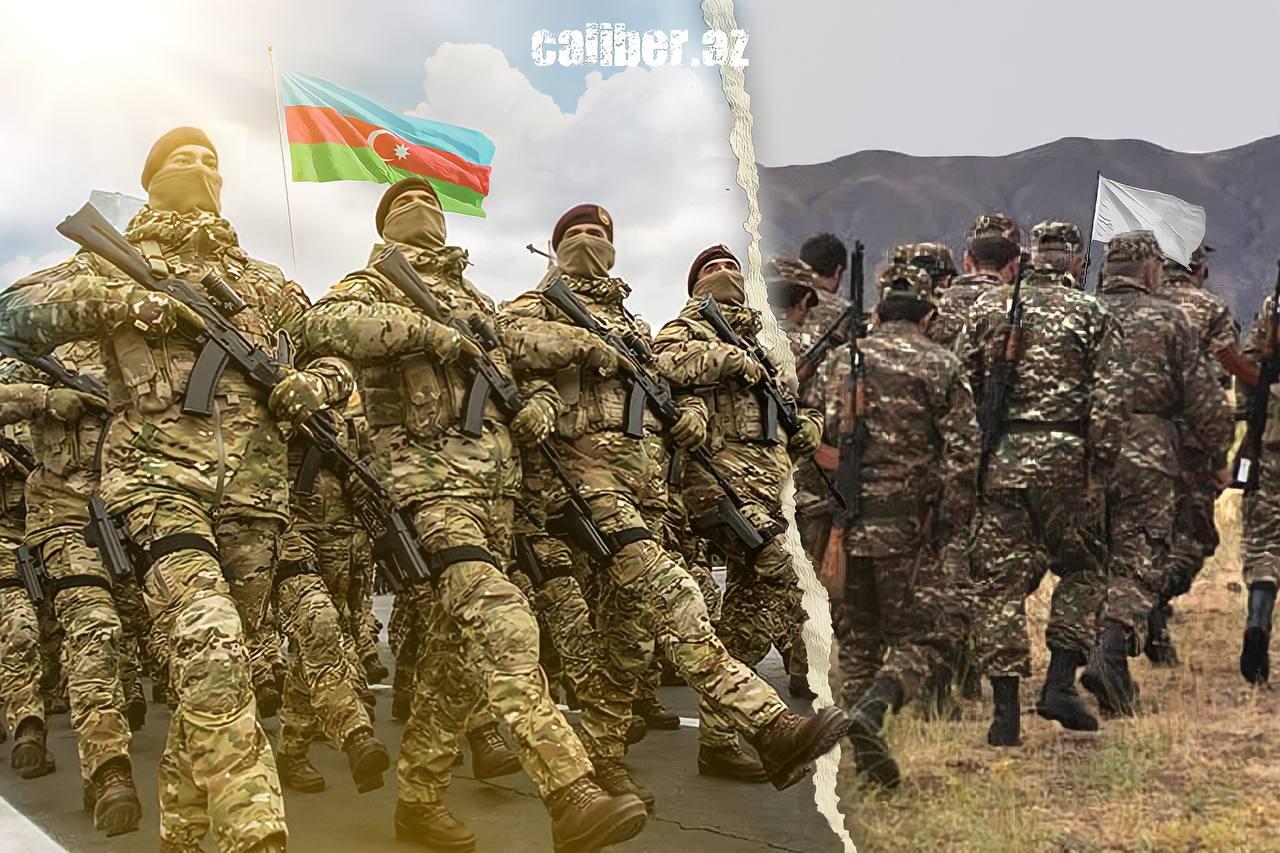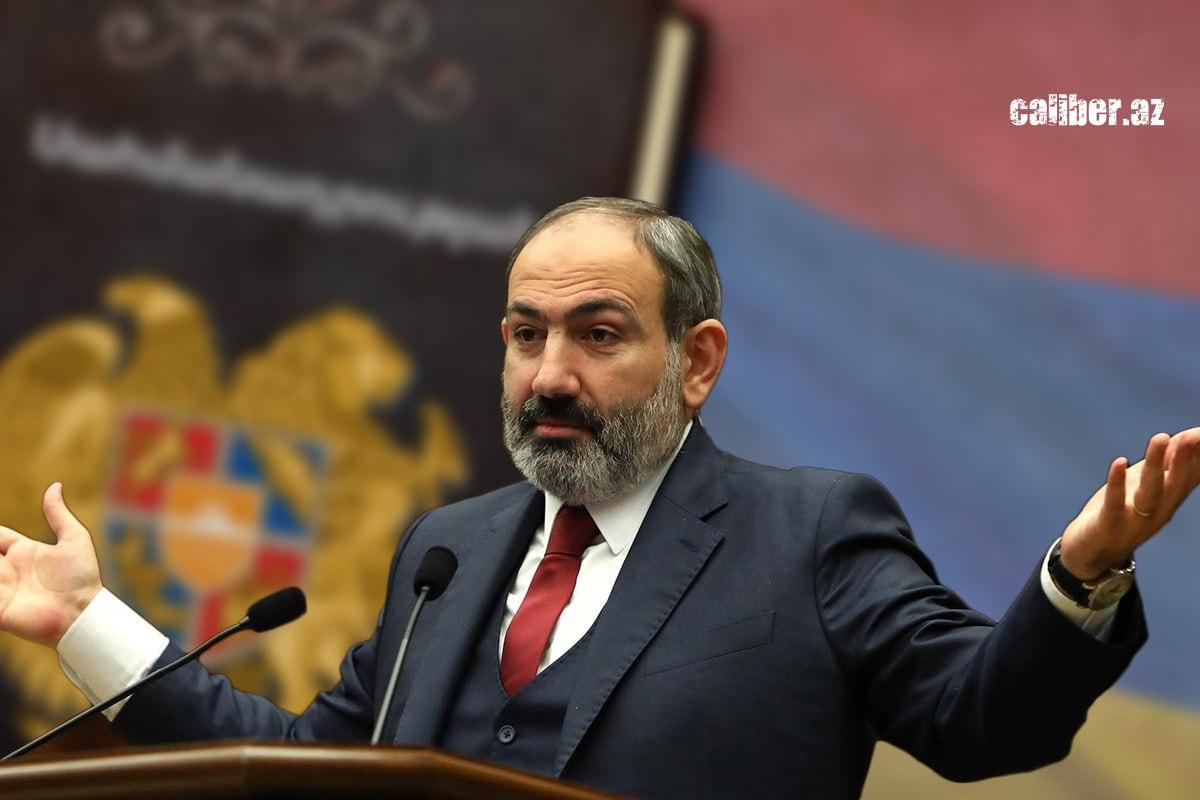Decoding Pashinyan’s vision for Armenia From victim-nation to nation-state?
Recently, Armenian Prime Minister Nikol Pashinyan addressed parliament during the discussion of the 2025 budget. As is customary, he also made political statements, which, as usual, were difficult to follow. However, despite the somewhat unclear delivery, the overall message remains clear.
In essence, Pashinyan continues his tendency to present contrasting ideas of “real Armenia” versus a mythical one, often using metaphorical language like "red clothes for bulls" and other figurative expressions. One of the key points of his speech was the idea that the world perceives Armenians as a nation of victims.
Expanding on this, Pashinyan stated, “this is the result of my well-founded impressions. The message we want to send to the world is the following: We consider the greatest mission of our government to overcome the status of being a victim-nation.” He then continued to reflect on this idea and offered an important insight: “Our usual response to this reality has been that the best way to overcome the victim-nation status is by becoming a nation-army. However, I must admit that I’m not entirely convinced that this is the right response to the initial idea, as my reflections lead me to conclude that the nation-army concept is, in fact, a continuation of the victim-nation logic.”

Despite some inaccuracies, the idea contains a grain of truth. The concept of a "nation-army" has never truly dominated in Armenia. Unlike Israel, where even women serve in the military, the army does not hold any special reverence within Armenian society. However, it seems that Pashinyan is speaking less about the past and present and more about the future.
Since the defeat in the 2020 war, the idea of a mobilized society has gained traction among Armenian experts. The number of various paramilitary training programs has increased, and there is growing discussion about building precisely a "nation-army." It is worth noting that the primary goal of such ideas is not the defence of Armenia but a future attempt to seek revenge against Azerbaijan.
In this context, Pashinyan's statement that the "nation-army" is a continuation of the "victim-nation" logic accurately reveals the painful essence and bleak prospects of such a strategy. Between the lines, the Prime Minister seems to be issuing a warning: the "nation-army" concept, with its outwardly revanchist orientation, is likely to bring only suffering to the Armenian people.

Pashinyan takes it even further: "I say this while analyzing our problems, including our own mistakes, but I don’t want us to find ourselves in a deadlock. I’m also offering a solution. I propose that we adopt a different logic—a logic of the state, a state that acts solely and exclusively in its own interests."
When these words are considered alongside the entirety of his speech, it becomes clear that Pashinyan is openly suggesting that revanchist sentiments in Armenia are being actively cultivated by external players.
However, all of this might hold weight if it weren’t so unserious. Pashinyan’s inconsistency has become proverbial. If there’s one thing he is consistent about, it’s his inconsistency. And it would hardly come as a surprise if, in a week or two, he says something that completely contradicts the points he made on December 3.

Moreover, Pashinyan's active militarization of Armenia directly contradicts his own stated views. While it may not be aimed at creating a "nation-army," it is undoubtedly geared toward armed confrontation with Azerbaijan.
However, let’s consider an alternative scenario as an experiment. Suppose Pashinyan genuinely recognizes the dangers of external control over Armenia and seeks greater sovereignty for his country through full reconciliation with its neighbours. Can he break free from the Franco-American influence that provides him not only with various resources but also with political capital? The question is largely rhetorical.








